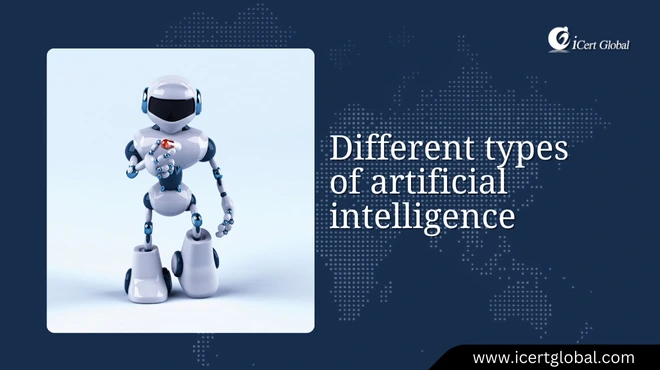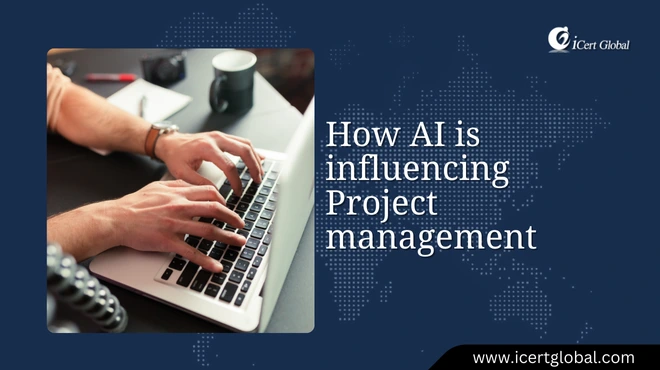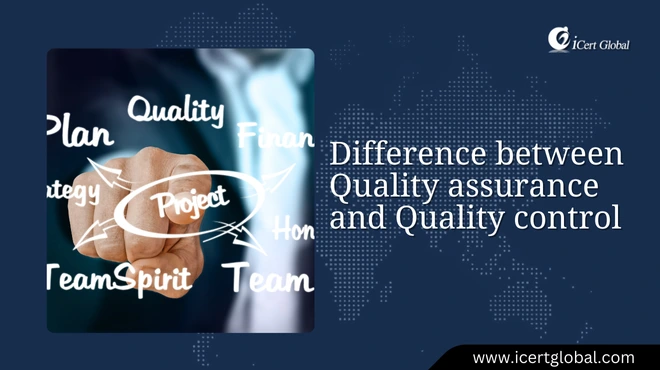Latest Articles
Top 10 Data Science Applications
Over 2.5 quintillion bytes are produced every day, so vast that it is difficult to comprehend. This exponential increase...
Why Cloud Storage Is Essential Today
In the world we live today, we are generating a lot of data at very high speeds. Experts project that by the year 2025, ...
The Secrets Behind Highly Effective Chatbots
More than half of customers say they would be more likely to talk with a human than a chatbot for complicated issues. Th...
How to Build a Successful Cisco Career Path
If you’re wondering what Cisco Systems is, think of it as the company behind much of today’s digital infrast...
PMP exam tips and tricks to help you prepare and succeed
In a time of rapid change, project management is absolutely essential.Staying on top of deadlines and team progress is e...
What is Agentic AI - A Deep Dive
A recent study by Capgemini indicates that by 2028, AI agents may generate up to $450 billion in economic value by growi...
What Is White Hat Hacking?
In simple terms, What is Cyber Security refers to the practice of defending systems and networks from online threats.A r...
Different types of artificial intelligence
New Gartner research shows that over 80% of companies will have deployed generative AI APIs or models, or already have g...
How AI is influencing Project management
A report by the Project Management Institute (PMI) indicates that over 80% of top leaders believe that AI will impact pr...
Top Cybersecurity threats in the future
Guide to Cybersecurity Risk Assessment Basics is essential for building a strong security strategy in any organization.T...
What are the Importance of Swot Analysis
If you’ve ever wondered, what does a business analyst do?—They gather and interpret data, understand stakeho...
Difference between Quality assurance and Quality control
A recent study for the American Society for Quality (ASQ) found that low quality can end up costing businesses up to 15-...



.jpg)
















